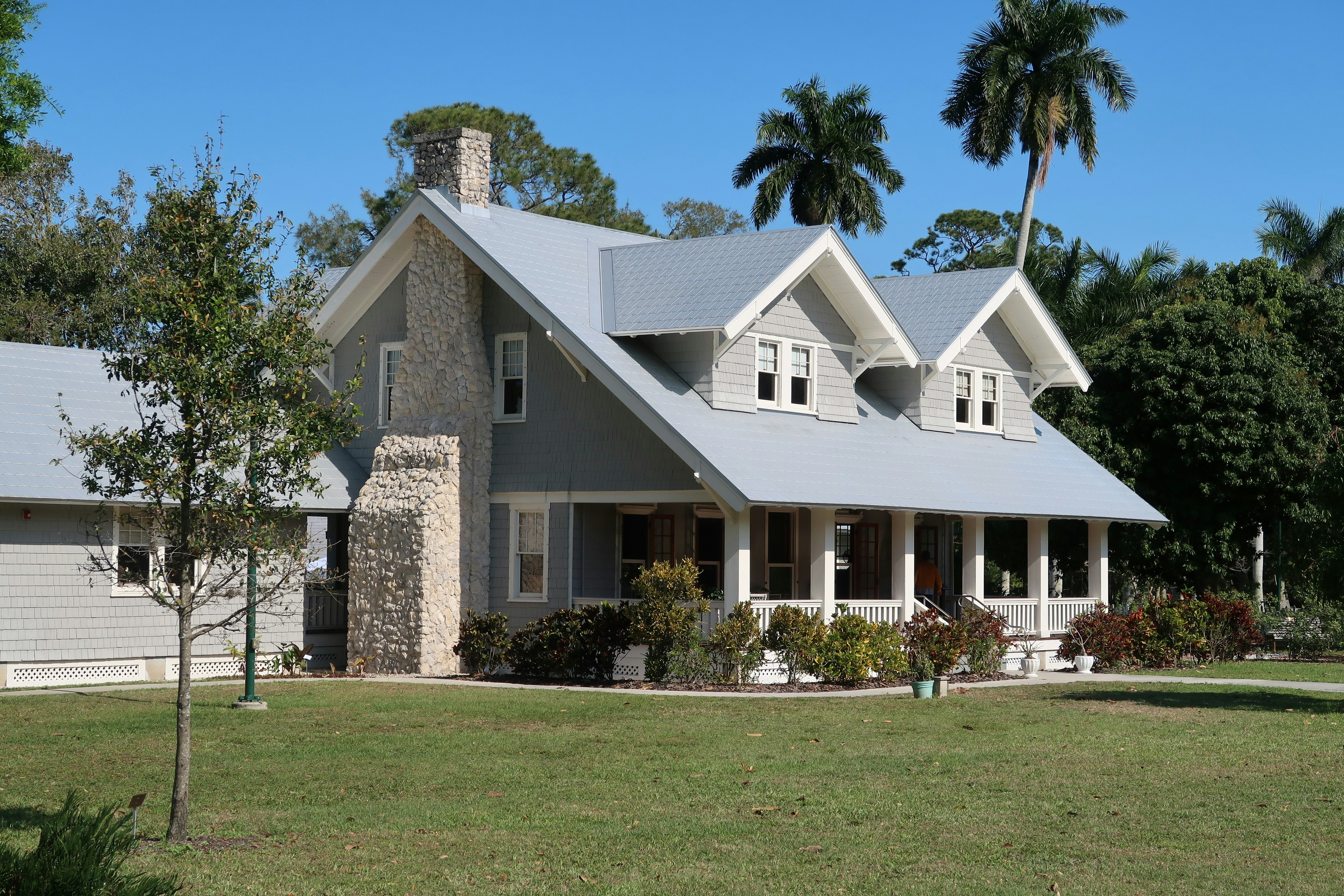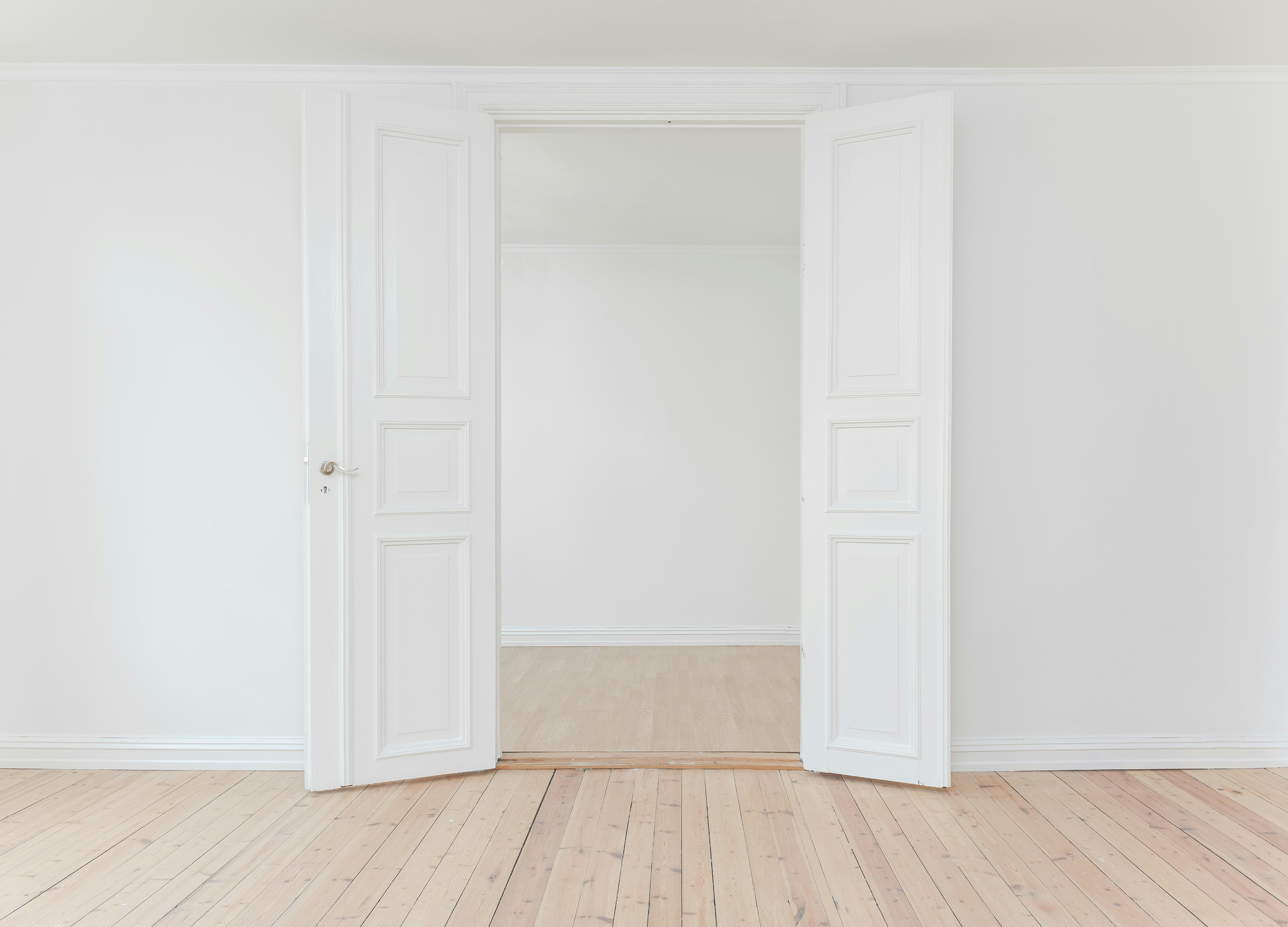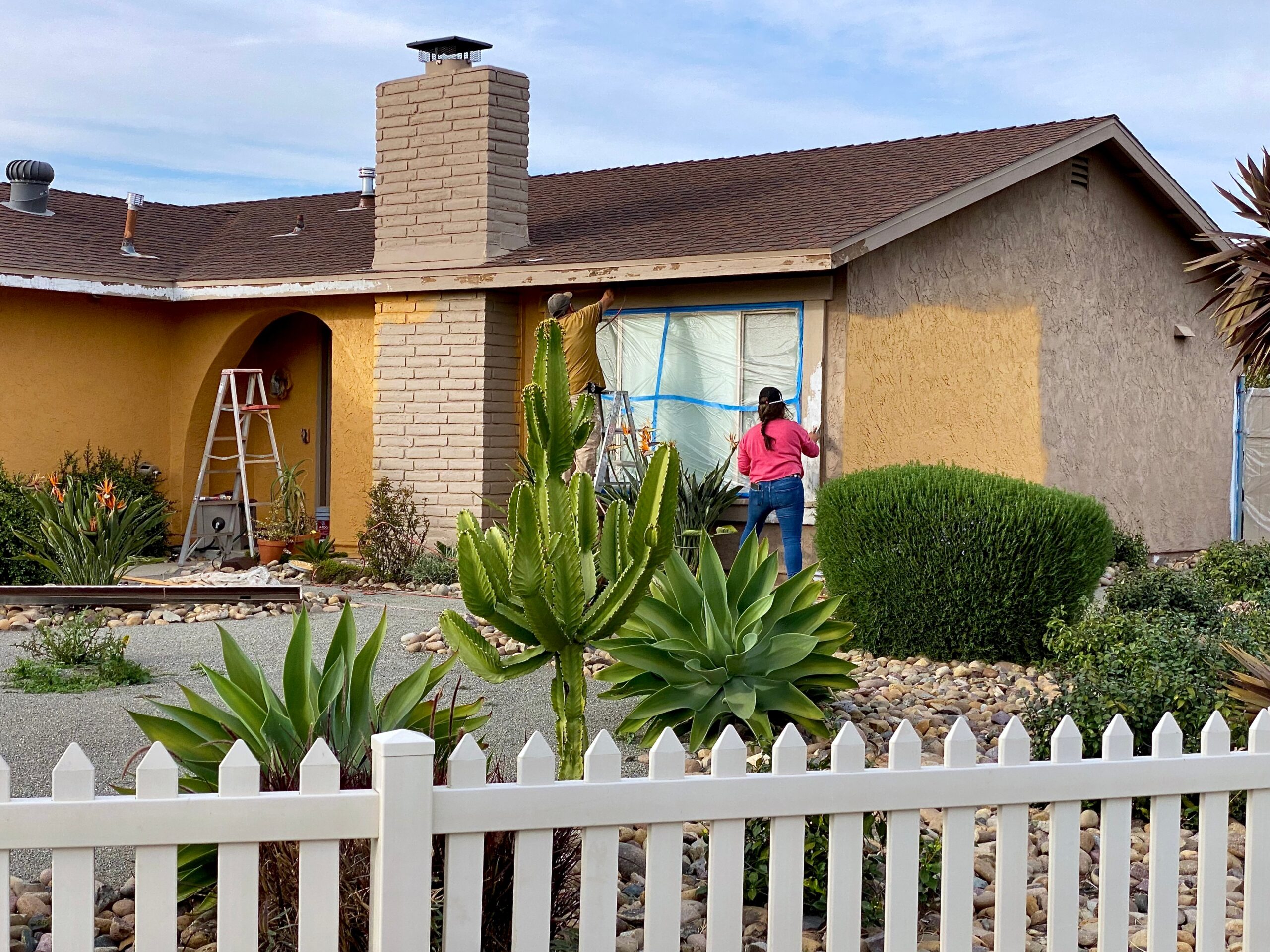People buy homes for a variety of reasons. Sometimes driven by a need for independence, or simply wanting a house in a nice neighborhood, individuals move into new homes every day. Homes are places to raise families, build memories, and can also help you to reach your financial and investing goals. In Australia, between the years of 2017-2018, homeownership stood at 66%, with either a mortgage or no mortgage.
By the end of 2020, the homeownership rate will drop by two percent to 64% and will stay at this percentage. One reason for this drop off involves the finances involved in owning a new home. People are realizing that they can only spend within their means, opting to make more financially sound decisions when it comes to homeownership. One part of owning a home is knowing when to downsize your home. This means buying a smaller home than you already have. Below are some reasons why you should downsize your home.
You can pay off your mortgage.

When you purchase a home you will apply for a home loan to help pay for a home. A home loan, or home mortgage, is a sum of money that is agreed upon which is provided from a mortgage lender to a borrower (you). This money from the home loan is used for buying a house, condo, or any other property where you, the borrower, will be living. The new loan is paid back to the mortgage lender and a lower interest rate, or a fixed interest rate is applied to the payments.
The property is mortgaged to the lender as a security till the repayment of the loan. This first mortgage for many new homeowners is one that will give them a better idea as to how the home-owning/ mortgage process will work for years to come. You can work with a local bank to locate a home loan (or mortgage loan) or you can work with other financial institutions (brick and mortar/ online) to figure out the costs of refinancing a new home.
When you decided to downsize your home as a homeowner, the great thing is that you have the option of selling your current home once you’ve completed your mortgage payments which are paid towards your mortgage loan. Once you do this, you can purchase a smaller home for cash, which will effectively end your dependence on mortgage payments. When you downsize, you wind up saving money in the long run since you are no longer making mortgage payments on an existing or new mortgage.
Living becomes more affordable.
A bit of spending comes with living in a home. You’ll need to spend money on essential items like mortgage payments/rent, homeowners insurance, property tax, auto insurance, health insurance, unexpected medical costs, pet insurance, and unexpected home repairs. This is even including unexpected life changes that often pop out of nowhere.
For example, say you have an elderly family member who lives with you and is going through the early stages of Alzheimer’s disease. This cuts into the affordability of your home (you spend more on medical costs, increased utility usage). This is in addition to you making mortgage payments. This can cause you to try to figure out the best ways to save money.
One way of doing this is to downsize your home. When you have less space to deal with, you find that your cost of living also goes down. When you move into a smaller home, less space means that you won’t have to pay as much for utility usage. You’ll see the costs of your utility bills drop once you make the move to a smaller home. This can help you to take care of that family member who is dealing with early-stage Alzheimer’s.
You also will possibly remove or save on additional costs for tasks that wouldn’t require as much attention as they would in a larger house. Think of the money you could save on gas, pest control, lawn services, HOA fees, homeowners insurance, and maintenance. The money you save from downsizing can make your life a bit more affordable.
You don’t need a lot of space.

As you get older, your kids become teens, and then adults. Once they get ready to move out on their own, you are left with empty rooms throughout your home. Maybe you once had a family member living with you who you provided chronic care management as they dealt with a chronic illness like late-stage Alzheimer’s.
Maybe your family member’s physician has decided that things have gotten past the point of you being able to take care of them, and they’ve been moved into a senior living facility. These facilities have medical professionals who are better suited to deal with the effects of a chronic illness like Alzheimer’s disease. In many cases, people aren’t equipped at their homes to help provide such care. To give an idea of how daunting taking care of someone in such a state would be, just take a look at the symptoms of Alzheimer’s. These include neurodegeneration, urinary incontinence, cognitive decline, cognitive impairment, mild cognitive impairment, memory loss, delusions, brain atrophy, and the types of dementia associated with Alzheimer’s disease.
Another instance where you find that you have a lot of extra space might include if you decide to clear rooms of non-essential stuff or accessories. Often we find that random knick-knacks have been strewn about the house. Once rooms are cleared of such items, we get a sense of how much extra space that we have.
In cases like these, it’s best to realize that you don’t need all of this room. Try finding a smaller home where you will be able to comfortably live. If it’s just you, or you and your spouse, there’s no need to have a 4-6 bedroom house. This helps you to save on costs all across the board.
Boosts your retirement fund.
When you downsize your home, you begin to save money. This money can go towards a savings account, be invested, or even be applied towards your retirement fund. After downsizing to a smaller house, look at how much money you saved, and will save in the future. Once you figure out this amount, one good option to take is to apply the extra money to your retirement fund. This will help you to properly prepare for your financial future.
Some financial advisors recommend investing 15% of your household income into ROTH IRA’s and pre-tax retirement plans. Even an extra monthly payment of $500 which you can save by downsizing can go a long way in helping you to build your retirement fund over time. In the next 30 years, you can save an extra $1-1.6 million in the long run. Making the decision to downsize, and to invest in your savings in investments or simple monthly payments, can help you in the long run.
You can travel more.

When you have a larger home, there’s a lot of upkeep that’s involved. Adding to this, before taking a vacation, there’s a lot of work that needs to be done to make sure your home stays in the best condition possible. You have to check the security system, make sure all of your doors and windows are closed and locked, make sure your exterior lighting is working, and also make sure that your lawn space is in a good condition.
When you decide to downsize to a smaller location, you don’t have as many things to mark off your “pre-vacation checklist.” A smaller place requires less upkeep, and fewer things to have to check into. This can free you up to travel a bit more often, and not have to worry as much about your home.
You can splurge a bit more with decorating.
When you live in a larger house, there are a lot of things which need to be paid for. You aren’t left with much money to save, and in some cases, you’re only making enough to pay the bills. When you downsize to a smaller location, you can splurge a little.
Buy that furniture set that you’ve always wanted. Add a home theater set to your house. Look into maybe painting your home office a different shade than in your previous home. The great part about downsizing your home is that you can use this extra money to make whatever decorating changes you want in your new home.







